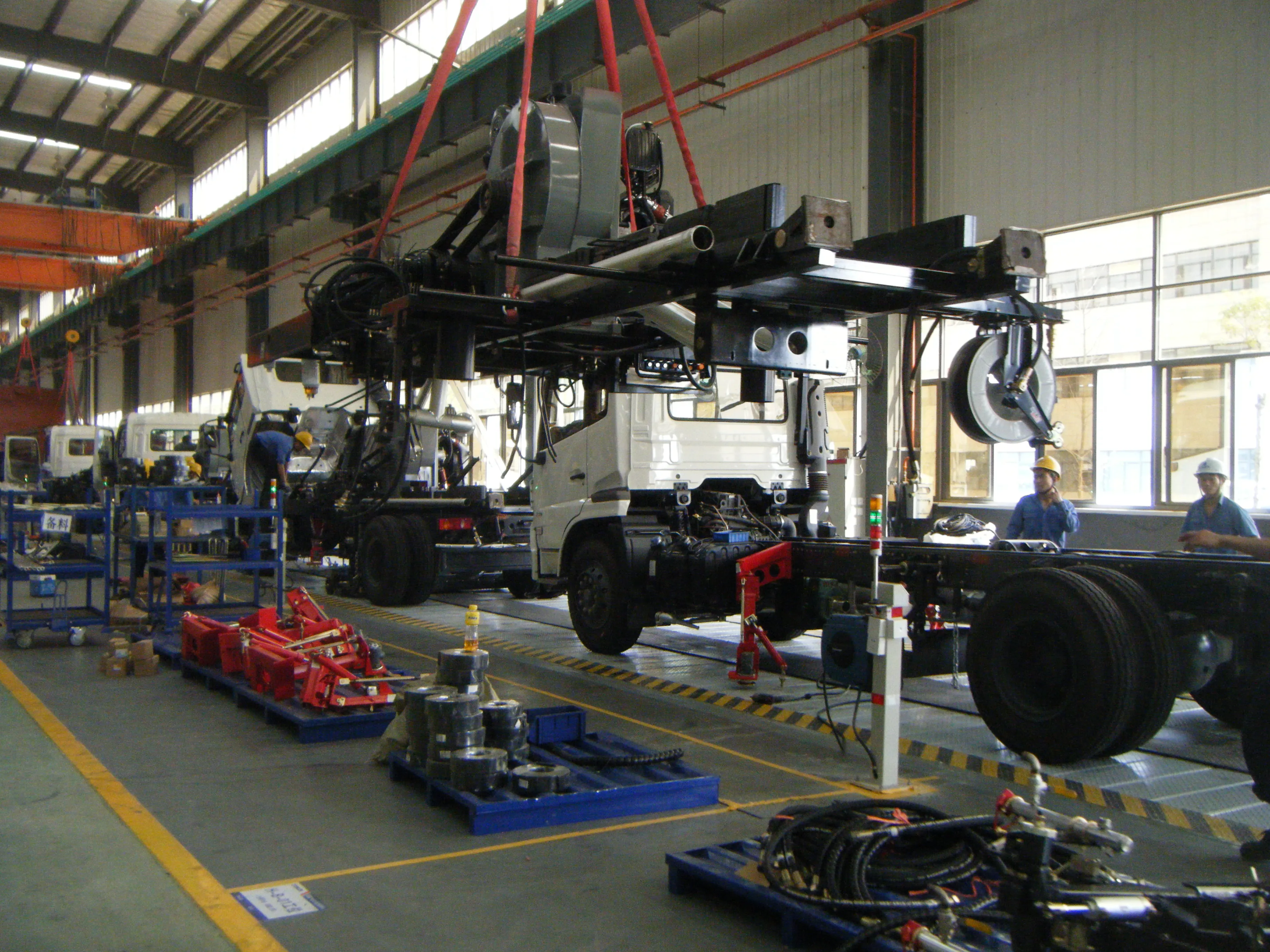The Brazilian Government is considering increasing the number of projects being privatised in a bid to boost investment in the country. Brazilian president Dilma Rousseff has suggested increasing the number of federal roads included in the privatisation programme from four to 11. The economic team has presented 20 new road stretches to be considered for inclusion in the programme. These routes will be studied in order to determine which will generate the most interest from the private sector, with six or se
May 18, 2015
Read time: 2 mins
The Brazilian Government is considering increasing the number of projects being privatised in a bid to boost investment in the country. Brazilian president Dilma Rousseff has suggested increasing the number of federal roads included in the privatisation programme from four to 11. The economic team has presented 20 new road stretches to be considered for inclusion in the programme. These routes will be studied in order to determine which will generate the most interest from the private sector, with six or seven to be chosen in total.
Roads in the new list include a stretch of the BR-364 between Rondonia and Mato Grosso, requiring investment of US$2.34 billion, and group of roads in Rio Grande do Sul requiring investment of $1.8 billion. The four roads already to be included in the programme require total investment of $6.12 billion. However, only the tender for the stretches between Rio Grande do Sul and Santa Catarina and Parana is expected to be launched in 2015. The remaining three will follow in 2016. But the request to expand the privatisation programme, in addition to confirming the financing rules for the projects, has now led to the postponement of the programme being announced from May to possibly June 2015.
Additional funding sources are required for Brazil however, so that the country can continue with its much-needed infrastructure development. The Brazilian department of transport infrastructure, DNIT, has issued a report to the Auditors Court (TCU) which indicates that it faces imminent risk of being forced to suspend work on projects due to lack of funds. According to the document companies responsible for road maintenance and construction work across Brazil are currently owed over $568.94 million. The report also indicates that asphalt purchases have fallen 43% in 2015 in comparison with the first months of 2014. The report was issued in response to TCU preventing DNIT from adjusting the values paid to companies for asphalt purchases between November 2014 and January 2015, and claims that without this adjustment projects will need to be suspended. DNIT is already receiving communications from companies that have gone without payment for over 90 days which indicate that they no longer wish to continue services, putting road projects and road use at risk.
Roads in the new list include a stretch of the BR-364 between Rondonia and Mato Grosso, requiring investment of US$2.34 billion, and group of roads in Rio Grande do Sul requiring investment of $1.8 billion. The four roads already to be included in the programme require total investment of $6.12 billion. However, only the tender for the stretches between Rio Grande do Sul and Santa Catarina and Parana is expected to be launched in 2015. The remaining three will follow in 2016. But the request to expand the privatisation programme, in addition to confirming the financing rules for the projects, has now led to the postponement of the programme being announced from May to possibly June 2015.
Additional funding sources are required for Brazil however, so that the country can continue with its much-needed infrastructure development. The Brazilian department of transport infrastructure, DNIT, has issued a report to the Auditors Court (TCU) which indicates that it faces imminent risk of being forced to suspend work on projects due to lack of funds. According to the document companies responsible for road maintenance and construction work across Brazil are currently owed over $568.94 million. The report also indicates that asphalt purchases have fallen 43% in 2015 in comparison with the first months of 2014. The report was issued in response to TCU preventing DNIT from adjusting the values paid to companies for asphalt purchases between November 2014 and January 2015, and claims that without this adjustment projects will need to be suspended. DNIT is already receiving communications from companies that have gone without payment for over 90 days which indicate that they no longer wish to continue services, putting road projects and road use at risk.









